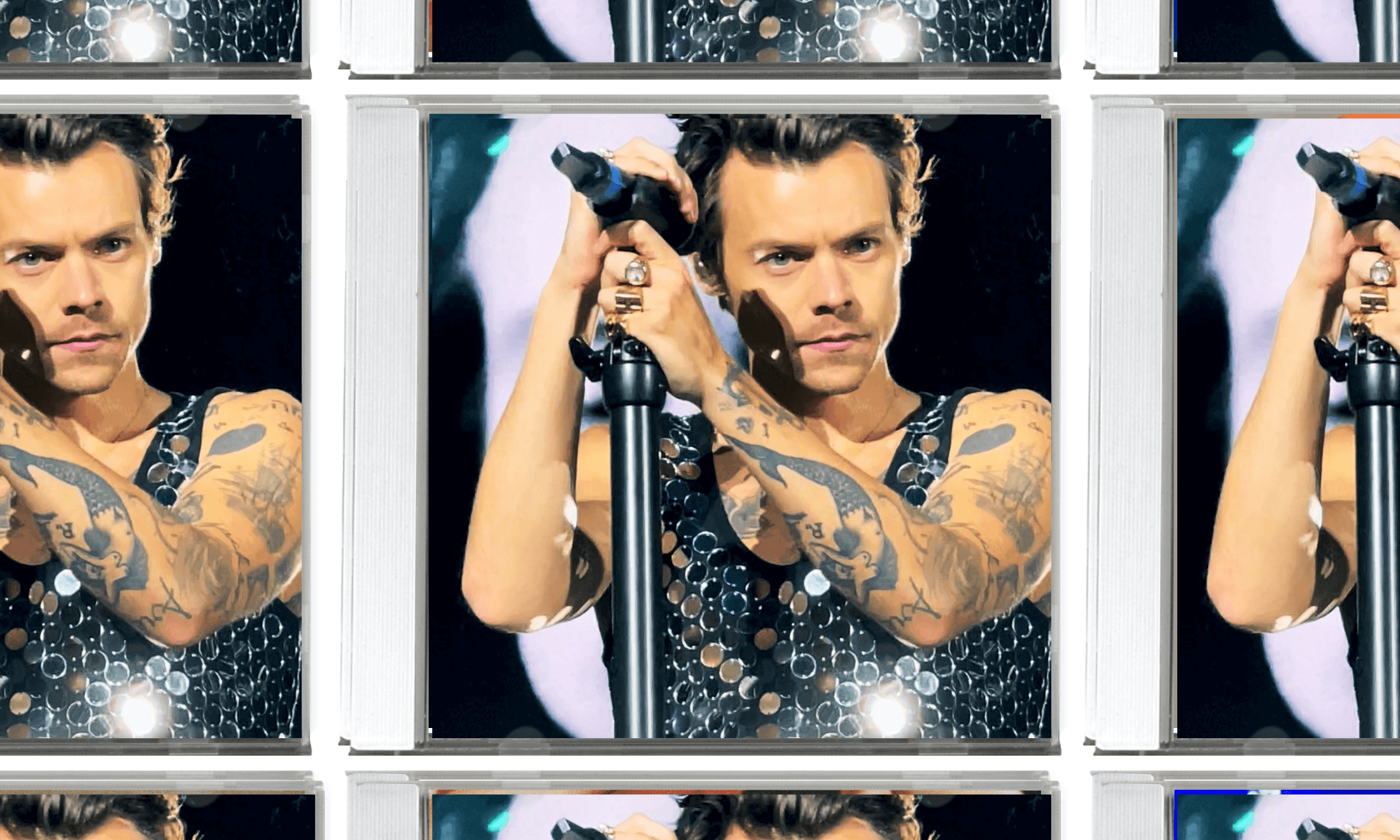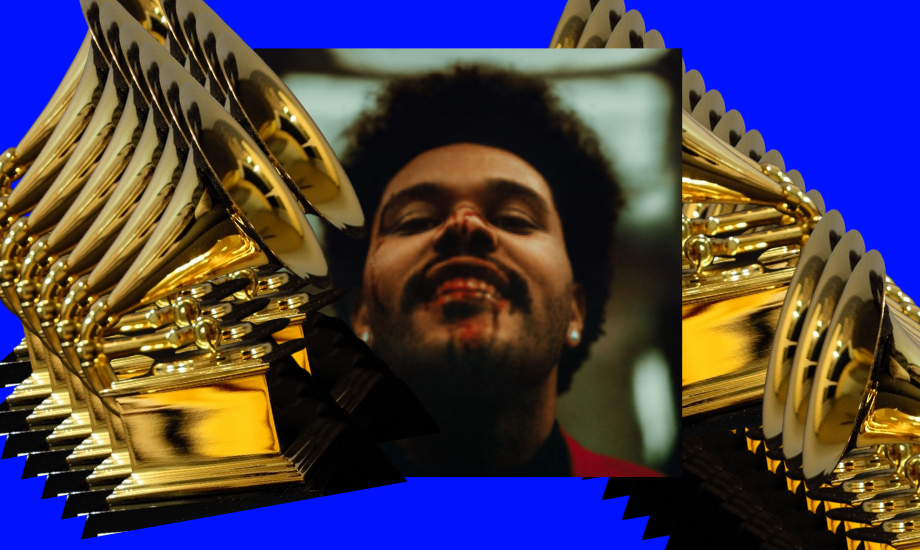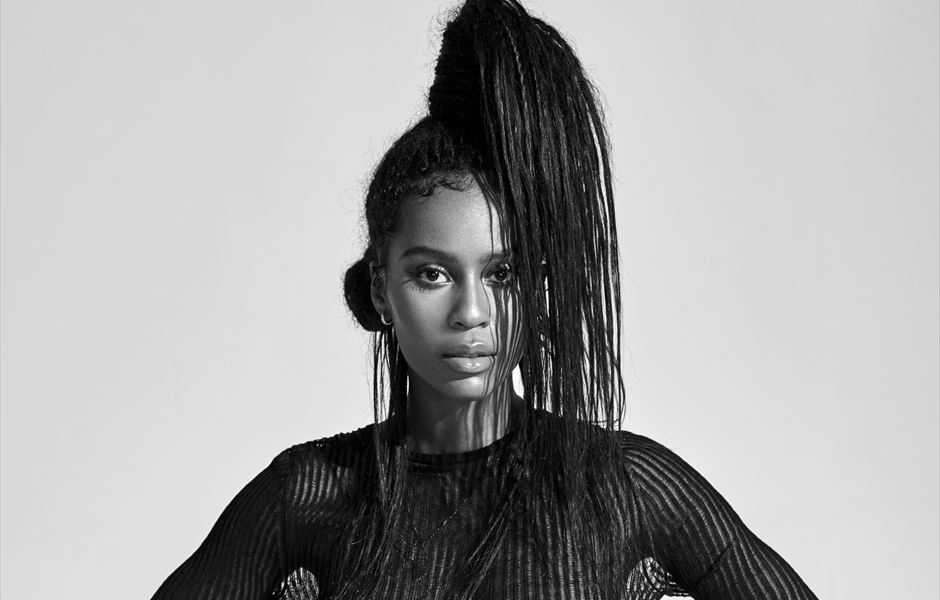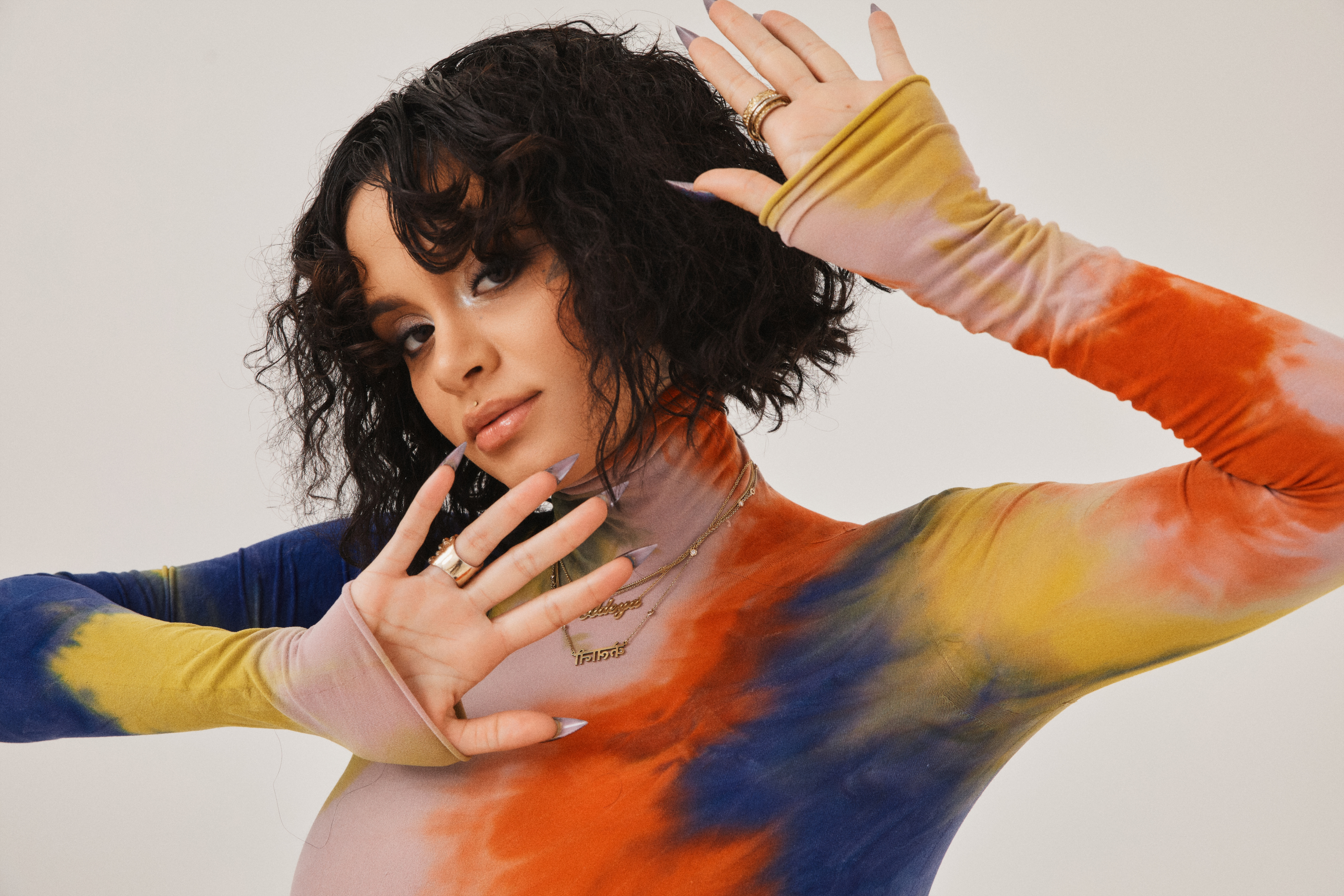
Content warning: descriptions of physical and sexual assault.
This week saw serial domestic abuser (oh, and singer-songwriter) Chris Brown throw himself into the spotlight yet again, as he took to Twitter to suggest a collaborative tour between himself, Beyoncé, Bruno Mars and Rihanna. Yep, that Rihanna – the Rihanna that he physically assaulted on the eve of the 2009 Grammys. That he beat, bit and strangled into hospitalisation.
Only three years later, the Grammys welcomed Brown back with open arms. He was celebrated. He was awarded the title of best R&B album, and performed not once, but twice. The producer of the show even went as far as to say that he was “kind of rooting” for the rightfully disgraced singer, and that “he really deserved a second chance”.
The same year, Brown attended Rihanna’s 2012 Halloween party dressed as a “terrorist”, donning a turban and carrying what we can only hope was a fake assault rifle. Oh, and who could forget, adorned his neck with a tattoo that, whilst apparently not intended to, looked horribly like the widely circulated 2009 photo of Rihanna’s battered face.
“This week saw serial domestic abuser (oh, and singer-songwriter) Chris Brown throw himself into the spotlight yet again”
2013 saw the singer enter an altercation with Frank Ocean during which Brown punched and allegedly threatened to shoot him, and was also the year he threw a rock through his mother’s car window following a family session at a rehabilitation centre. In 2014, Brown pled guilty to committing a felony assault against a male fan, which was allegedly accompanied by a homophobic slur. He also released X, which peaked at #2 on the Billboard 200.
More recently, Chris Brown mocked Kehlani’s reported suicide attempt in 2016, and only last year had a 5-year restraining order granted against him after his ex-girlfriend, Karrueche Tran, outlined how he had allegedly threatened her repeatedly via voicemail and text message.He had threatened to shoot her: “he said if no one else can have me, then he’s gonna ‘take me out”. He had both punched her in the stomach and pushed her down the stairs over the course of their relationship. At the end of the year, Brown’s latest release, Heartbreak on a Full Moon, debuted at #1 on Billboard’s Top R&B/Hip-Hop Albums chart.
Why are we, as an international community, still not only giving Chris Brown a platform, but driving his singles and albums to the tops of international charts? Why do artists including Zendaya, Afrojack, Kind Ink and Pia Mia continue to invite him to their studio slots, why do productions such as Think Like a Man and Black-ish – the latter of which has become a bastion of social and political commentary – continue to give him screen-time?
“Why are we, as an international community, still not only giving Chris Brown a platform, but driving his singles and albums to the tops of international charts?”
Why do we forgive him, time and time again – or wilfully ignore his offences altogether?
There’s the argument that the act of listening to Brown’s music is not equivalent to condoning his past, present or future actions. The whole “separating art from its artists” line of thought, often presented in discussions concerning the likes of alleged sexual assaulter Woody Allen and woman-beater Dr. Dre. It’s maybe somewhat passable in theory, but in practice, it’s bullshit. Every time we stream Loyal or buy a copy of Fortune, we are putting money straight into the pocket of a man who has violently assaulted multiple women and men. We are becoming his patrons. And in doing so, we are funding his legal representation – i.e. his ability to continually avoid meaningful jail-time every time that he commits yet another aggressive and often misogynistic crime, for which he often shows little to no remorse.
And then there are racial optics, which are undoubtedly playing a significant role here. We just have to look at the countless crimes committed by paedophile R. Kelly against young women of colour – including but not limited to marrying then 15-year old Aaliyah in secret when he was 27, having group sex with minors, coercing a 17 year-old intern into unwillingly receiving oral sex from another girl, creating multiple pornographic video tapes involving underage girls and, most recently, targeting young and vulnerable black women in his running of a freaking sex cult – and the fact that he is still not only walking free, but being invited to collaborate with artists including Lil’ Kim and Remy Ma as recently as this year, is proof that our justice systems do not protect women of colour. As Jane Fonda explained when discussing how reports of the heinous acts of Harvey Weinstein were sparking a watershed moment, “it’s too bad that it’s probably because so many of the women that were assaulted by Harvey Weinstein are famous and white and everybody knows them. This has been going on a long time to black women and other women of colour and doesn’t get out quite the same.”
“‘This has been going on a long time to black women and other women of colour and doesn’t get out quite the same.'”
Chris Brown has benefited from these wholly unacceptable and twisted lines of reasoning and social dynamics for nearly a decade. And unless we – I say “we” because it is only recently that I finally removed every Chris Brown song from all of my Spotify playlists – decidedly and collaboratively cut him off, until we stop streaming his singles, collecting his albums and paying to see him perform, until we force the music industry that continues to facilitate the lining of his pockets to recognise that the lives of our women and men are more important than hip hop bops, he will only continue to do so.









